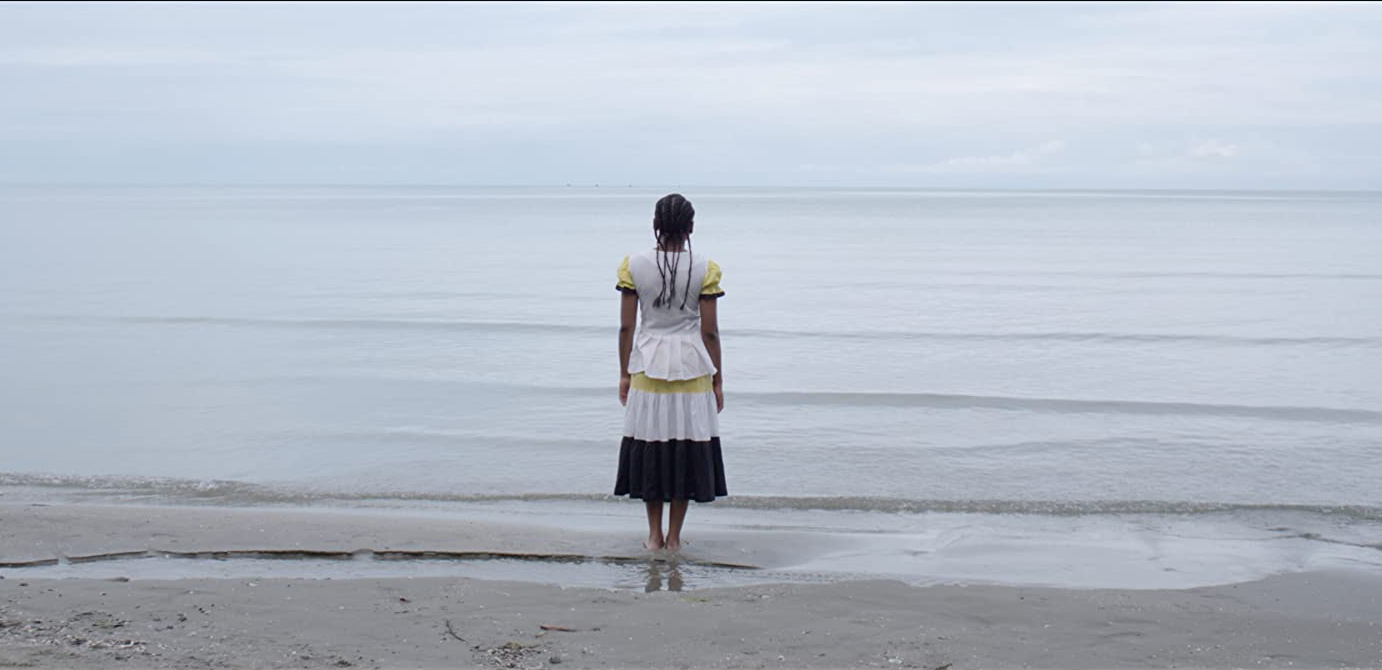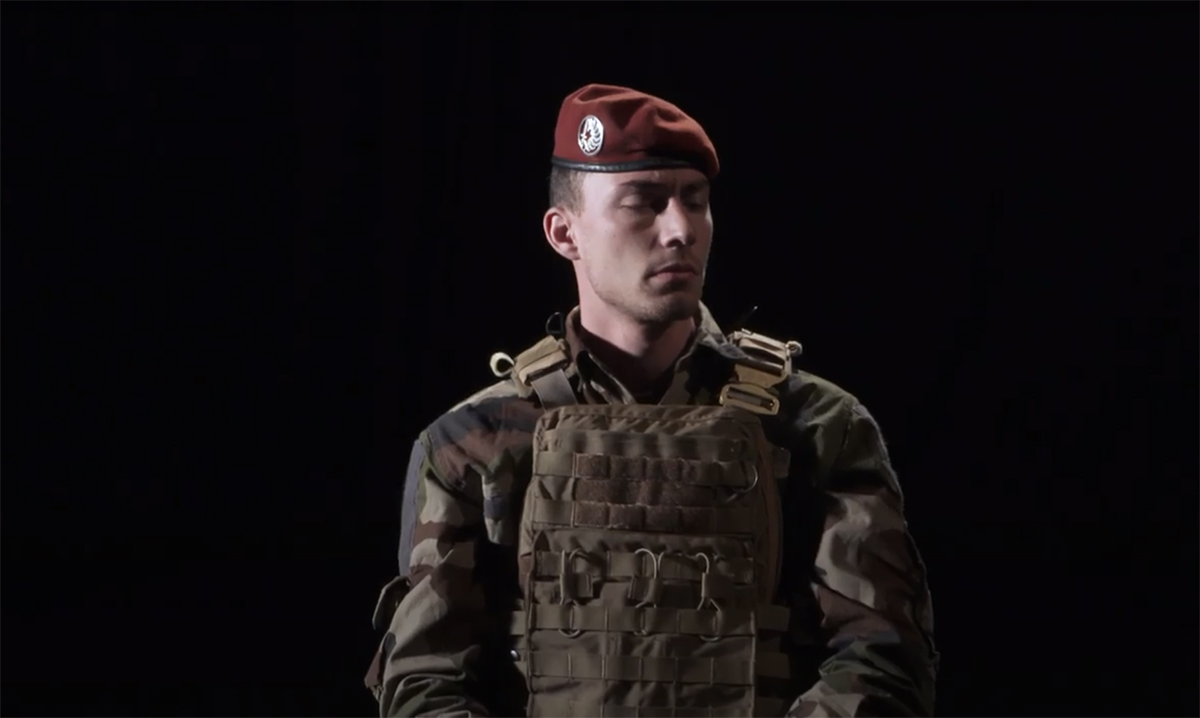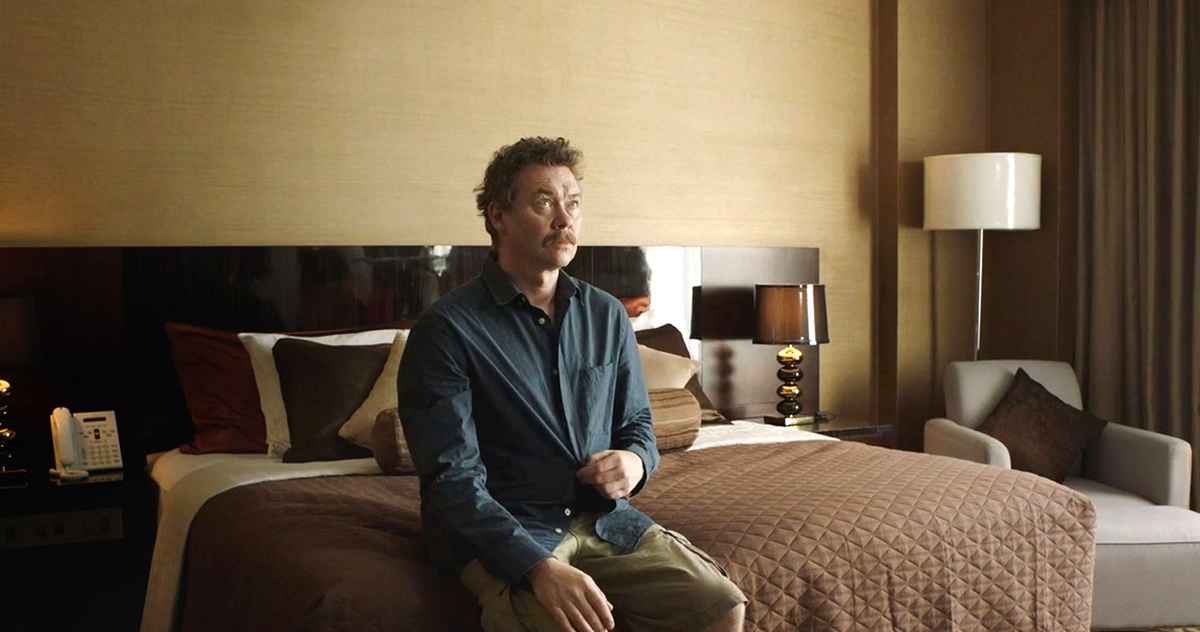(THIS ARTICLE IS MACHINE TRANSLATED by Google from Norwegian)
This year was not short Film Festival held in the long-standing host city of Grimstad, but, like many other film festivals, was organized online due to the corona pandemic. The festival went off the digital stack 10-14. June and showed a generally strong selection of Norwegian short films – which hopefully were also seen by some who would not have had the opportunity to make the trip to the southern village.
Political winning films
The short film festival also offers international short films (including documentaries) as well as various side programs, professional panels and the like, but first and foremost it is the country's most important showcase for Norwegian short films.
Several of this year's short films dealt with political issues, and not least this marked the award winners. It is not inconceivable that the juries were influenced by the many Black Lives Matter protests that took place in parallel with the festival, but film festivals should also not be completely separate from the outside world. And although some highlights were always bypassed, most winners were certainly worthy of their awards.

The chair for the best Norwegian short films went to Let's read Barana (Soul of the Sea), directed by Caj Cojoc and produced by Elisa Fernanda Pirir (More Movies), which poetically addresses both the legacy of the colonial era and the migration problems of our time.
The award for best international card documentary went to the interesting and peculiar My Own Landscapes, directed by Antoine Chapon. This French-produced film is about how Virtual Reality is used as a combat preparation for soldiers – and, paradoxically, can help them with post-traumatic stress as a result of the war experiences.

Returned affected
Some years ago, a remarkable number of short films in Grimstad were obviously inspired by Swedish filmmaker Roy Andersson, while compatriot Ruben Östlund seems to have taken over this position in recent years. One of the Norwegian short filmmakers with a certain relationship to Östlund's embarrassing, unpleasant and almost sociological observations of human interaction is Rikke Gregersen – who has noticed his own expression and can in no way be called a copyist. This expression was already in place in her Westerdals departure film The ruthless, who both won last year's short film festival in Grimstad and was rewarded with an Oscar for student films.
This year Gregersen won the Dramatikerbundens prize and honorable mention from the main jury for They touched. The new short film is a sharp and humorous portrayal of a flight departure that is made more difficult when a passenger objects to the dispatch of an asylum seeker on the same plane – without showing the directly involved. Instead, the scenes revolve around the other's reactions or lack thereof, in a film that clearly confirms that Rikke Gregersen is a talent that will be exciting to follow.

Challenges the audience's prejudice
The winner of the Terje Vigen Prize – the festival's prestigious "second prize" – was Johanna Pyykkös The Manila Lover, which has already received some attention [Read MODERN TIMES's review here]. Last year it was selected for the program section Kritikeruka in Cannes, as the only Norwegian film.
The Manila Lover is about a middle-aged man who meets a woman in the Philippines, hoping that she will bring him home to Norway. However, this is a film that breaks with stereotypical expectations, and here it should be warned against "spoilers":
Early in the film, we understand that the journey costs the Norwegian construction worker more than he can possibly afford, while she eventually turns out to be a mediated, married businesswoman who only wants a brief romance. With this, the power relationship is turned on its head, in a way that lets the public know their own prejudices. Especially about Asian women, but also about their Norwegian "benefactors".
One of the most cunning things about the film is that it does not build on stereotypical beliefs

Great degree of empathy
One of the most cunning things about the film is that it does not build on stereotypical notions of the Filipino woman – they come from the viewer himself. Nevertheless, it is easy to think about why she does not want to talk about her job, which is an essential premise for the misunderstanding of what she wants with the Norwegian man.
Director Pyykkö (who graduated from the Norwegian Film School in 2016) is to be praised for treating both the main characters with a great deal of empathy – aided by solid actresses from Øyvind Brandtzæg and Angeli Bayani. It gives The Manila Lover a complexity beyond the play on stereotypes, while emphasizing the message of looking past preconceived attitudes. In other words, this is a movie that follows its own admonitions.
[ntsu_youtube url = ”https://www.youtube.com/watch?v=j7sM3Rvak5I” width = ”520 ″]Gender discussion in the wardrobe
Among the films in the Norwegian competition program were also What is a woman? by Marin Håskjold, to be shown on Vega Stage tomorrow June 19th. The film more or less consists of a long scene in the women's wardrobe of a swimming pool and depicts the discussion that occurs when a woman responds to a trans person using the dressing room. Through this situation, the film illuminates the debate about gender identity, where it is not necessarily easy to answer the question in the film's title.

The script is reportedly based on comments and articles shared in a closed Facebook group, and at first I wasn't entirely convinced of the short film's application of the film media's capabilities. Wasn't it just a filmed debate that could just as well have been broadcast on radio – or just played out on social media?
The most obvious counter-argument is that the spectator is made aware that the trans person himself is the one who says the least in the discussion. In addition, the script contains several turning points that add new aspects to the issue, as well as that this film also makes us care about several of the characters – despite not knowing much more about them than what they say in the discussion. So I landed on that What is a woman? rather is a good example of freedom which is in the short film format. Of course, a short film can consist of just one discussion – and with it, surprisingly many pages convey a complex and important theme.
Also read: Slive kick about power play in intimate relationships (The Manila Lover)






